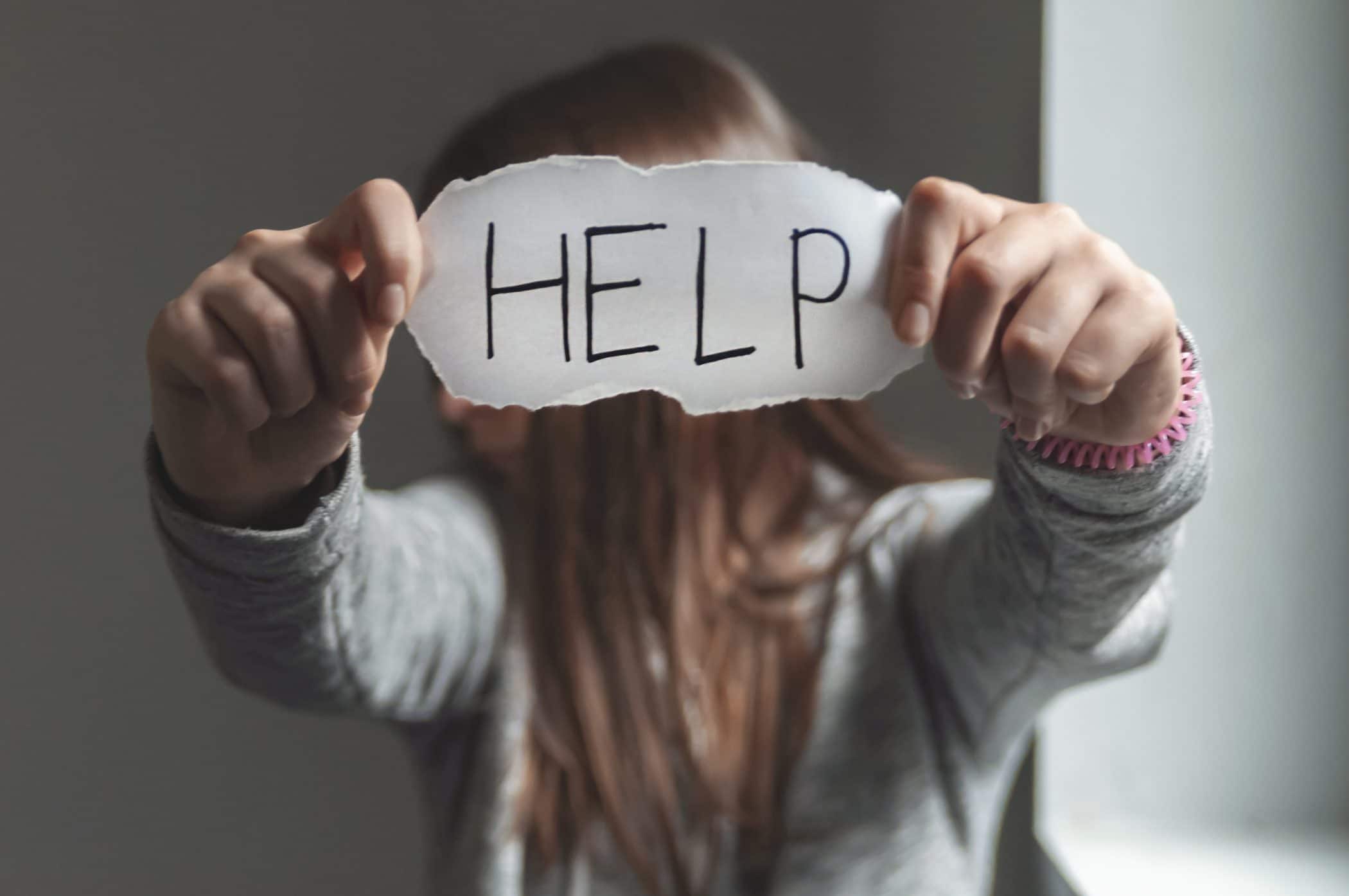
Addiction can happen to anyone, and it’s one of the most grueling and difficult experiences a person might face throughout their life. No one wants to be an addict, and no one wants to fall back into that pit once they’ve begun climbing out of it. Nonetheless, relapse does happen with tragic frequency and many fatal overdoses occur among people who have detoxed in the past. Learning the warning signs of relapse can make the difference between life and death for you or for loved ones who struggle with recovery.
Warning Signs of Relapse
It’s rare that relapse occurs all at once as an impulse after a person has decided to recover and built up solid coping mechanisms. In most cases, there’s a steady erosion of these coping mechanisms and of proper self-care which eventually leads to renewed drug abuse as escapism. You can prevent this if you identify the characteristics of this period of declining mental health, recognize the danger, and seek help.
Anxiety and Depression
Anxiety, depression, and other common mental health problems exist in a vicious cycle with addiction. Worsening anxiety and depression can obstruct a person’s path to recovery and make it too difficult to maintain their routines, which then worsens the underlying mental health issue. Lethargy, declining hygiene, and other problems tend to also follow when a person is trending toward relapse.
Loss of Routine
A general loss of routine that someone had previously followed well is a sign that they’re struggling and may be at risk for relapse. Exercise, hygiene routines, and other forms of structure help keep physically healthy and psychologically grounded, which is why they feature so heavily in recovery programs. Falling out of healthy routines will make it much harder to avoid cravings and unhealthy impulses, not to mention that it can create a feeling of deep discomfort within your own skin that drugs look like an escape route from.
Social Withdrawal
The poor mental and physical state that comes during the decline into relapse can serve as a serious obstacle to socializing, for several reasons. Thoughts of cravings and relapse can inspire shame that makes it hard to face people you respect and care about. It also may just be difficult to find the energy to go out, be around others and try to have a good time.
Low Energy
Generalized lethargy and a loss of energy is a reliable element of the decline toward relapse. While there are many things that can set off the downward spiral, low energy for friends, work, and taking care of themselves is a typical warning sign of relapse.
The Stages of Relapse
Relapse is not a single event, but a process with three distinct stages. It begins with emotional decline that then leads into metn
Emotional Relapse
At first it consists of emotional relapse, during which a person’s rebuilt emotional state begins to decline back to the state when they were actively using. It’s not that they’re thinking of taking drugs, but that their level of self care and the coping mechanisms they’ve built begin to weaken. This is the point where they begin suffering regular, more insistent intrusive thoughts about drug abuse.
Mental Relapse
Mental relapse typically doesn’t begin with someone wanting to use drugs, but the shame of renewed cravings and a sense of lost progress can be just as problematic. Frequently thinking about drugs, self-directed anger and disappointment, and the overall mental strain of trying to resist relapse alone in a poor emotional state increases their vulnerability. Eventually, they begin bargaining or simply no longer believe in their own recovery and fall into physical relapse.
Physical Relapse
Physical relapse is the process of seeking out and engaging in drug abuse as the culmination of the relapse process. In and of itself, this is a major setback, but it’s still not too late to reach out and try to stop your descent here before falling back into regular drug abuse.
Know the Warning Signs of Relapse: Get Help
If you see the warning signs of relapse in yourself and others, there are people who can help. America’s Rehab Campus offers counseling, group therapy sessions, and can help you realize that you’re not alone no matter how bad you’re struggling. Reach out today to find a caring, supportive community that will help get through this.

